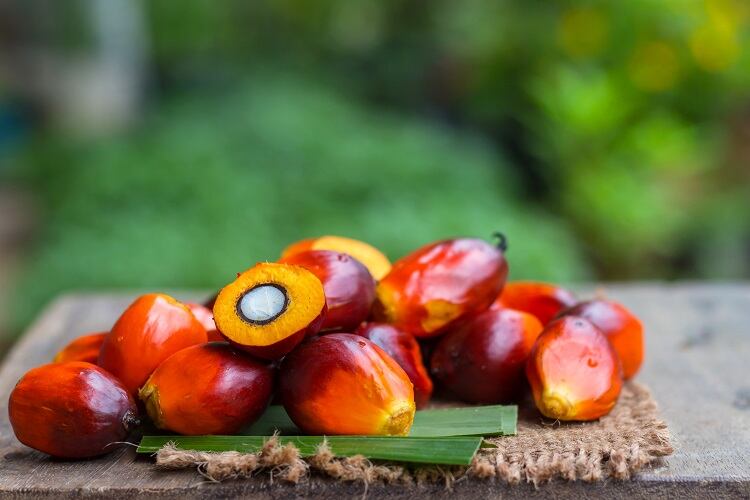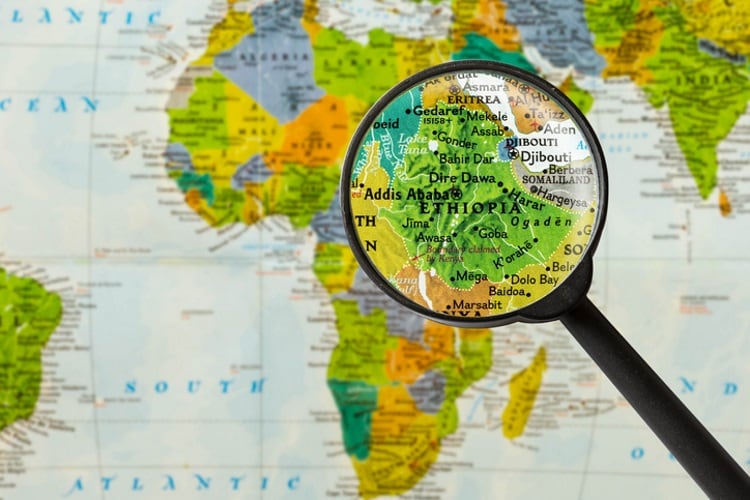Snacks and drinks giant PepsiCo, Inc. has announced a Global Policy on Sustainable Palm Oil that builds on the Principles & Criteria of the Roundtable on Sustainable Palm Oil (RSPO).
Aside from a comprehensive palm oil sourcing policy, the Global Policy includes a set of actions to ensure the palm oil in its supply chain is not associated with deforestation, peatland conversion, or human and labour rights abuses.
PepsiCo, which is the second-largest food and beverage company in the world, said it is committed to using its role in the global supply chain to promote sustainable production.
“We strive to source only sustainable palm oil while helping to lift production standards across the broader palm oil sector,” noted the firm.
“We expect all of our palm oil suppliers to conduct business responsibly, with integrity, honesty, transparency and adherence to the principles described in our Global Supplier Code of Conduct.”
Sustainable production across the board
Palm oil is the most consumed vegetable oil in the world. It is odourless, high yield, and found in a wide range of food and non-food products on supermarket shelves.
However, the rapid expansion of oil palm plantations has led to deforestation and the conversion of peatlands.
From a human and labour rights perspective, the crop has also proven problematic, with unsustainable production being association with the exploitation of indigenous people, workers and local communities in palm oil producing regions.
PepsiCo’s Global Policy, which aims to address these challenges, applies to all palm and palm kernel oil used in its supply chain, from direct suppliers to production sources at the group level.
This means that PepsiCo’s NPDE (no deforestation, no peat, no exploitation) commitments should be applied across suppliers’ entire operations and the FMCG’s third-party supply chain, rather than being limited solely to the palm oil sold directly to PepsiCo.
Further, the Global Policy applies to all of PepsiCo’s operations, subsidiaries, joint ventures, brands and products worldwide. “It also serves as an expectation of our business partners, at the group level, that directly produce palm oil,” noted the firm.
Targeting NDPE in Indonesia
This reform means that PepsiCo’s policy concerns Indofood, as well as Indofood’s parent company the Salim Group, pointed out Indonesian labour rights organisation OPPUK.
Indofood is the largest food processing company in Indonesia. PepsiCo owns a joint venture company – IndoFood Fritolay Makamur – with Indofood for the manufacturing of snack food products in the country, which it sells under the Lays brand.
Both Indofood and Salim Group have palm oil holdings and operations in Indonesia. However, concerns over deforestation and human rights abuses associated with these businesses have been brewing in recent years.
As PepsiCo notes in its PepsiCo Sourcing of Palm Oil from Indonesia document, IndoAgri is not a direct supplier to PepsiCo, but they supply palm oil to international traders which then sell to PepsiCo.
NGO support
OPPUK, which assisted in the development of PepsiCo’s latest policy, alongside Rainforest Action Network (RAN) and International Labor Rights Forum (LIRF) has welcomed the Global Policy.
“The reality of the global climate crisis is becoming clear and island nations like Indonesia have been experiencing the first and worst impacts,” said Herwin Nasution, OPPUK Executive Director.
“While Conflict Palm Oil has been contributing to the destruction of our forests and our climate, it has also been harming palm oil workers on plantations across Indonesia. For these palm oil workers, we applaud this commitment from PepsiCo and we will watch to see it turn into real action on the ground.”
RAN similarly voices its approval of the updated policy. “We commend PepsiCo for adopting a comprehensive policy and leading actions that, if implemented, will drive change in its palm oil supply chain as well as the broader palm oil industry,” said RAN’s Agribusiness Campaign Director, Robin Averbeck.
ILRF similarly stressed the need for written policies to be turned into action ‘on the ground’ for workers and the environment. “PepsiCo and other multinational corporations which have pledged to eradicate forced labour, human rights abuses, and deforestation from supply chains have no time to waste,” said Executive Director Judy Gearhart.
PepsiCo’s requirements relating to no deforestation and no development on peat, no exploitation, and its commitment to action, transparency and engagement can be read here.





